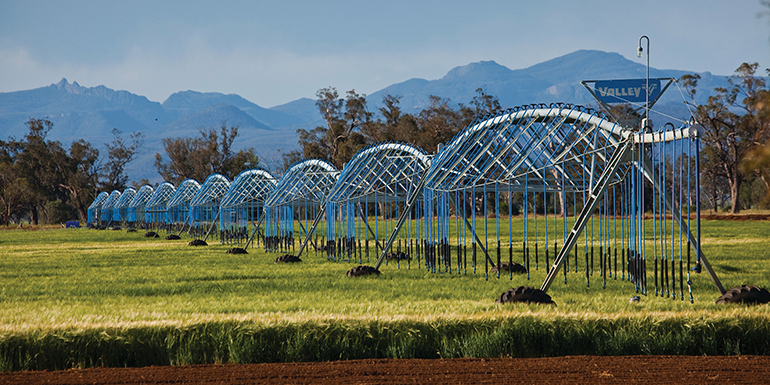Business action on climate change and sustainability
By reducing greenhouse gas emissions and adopting sustainable practices, you're not only reducing the impact of your business on the environment, but also saving money and securing the future of your business.
Customers are increasingly demanding the businesses they support to have minimal, or no, impact on the environment. Companies that demonstrate a strong commitment to sustainable practices and carbon‑neutrality can expand their customer base, and access new like-minded and innovative employees.
There are many ways a business can pivot towards more sustainable practices. These ways will vary significantly, depending on the industry, size and capacity of your business. It's important to remember that any small change that you implement will add up to make a huge difference.
A useful first step is an audit of the operations within your business, to see where you can reduce your environmental impact. Ask yourself:
- Can I reduce energy use?
- Can I reduce waste and recycle more?
- Can I reduce my use of natural resources such as water?
- Can I make changes to products or services to be more efficient?
The Australian Government energy.gov.au website has information on energy efficiency and sustainability for businesses, including information on energy management and training options, guides for each industry sector, and guides for different types of equipment and technology. Peak bodies and associations may be able to help with information that is specific to your industry.
You can also find out about grants and funding available to help you make your business more sustainable.
Energy efficiency
Making your business premises and operations more energy efficient is a crucial step in reducing your environmental impact. You can find ways to reduce your energy use at the NSW Government's Energy Saver for business website. You can also Compare different energy supply plans, and change your electricity supplier to a green energy retailer. Exploring passive design and other ways to make your buildings more energy efficient when renovating or building a new business premise might be something your business is ready to consider.
Investing in renewable energy can make a huge difference. It will also make your business more resilient to climate change-related power cuts and variations in fuel price. For large warehouses or farms, solar energy is a great long-term and cost-saving strategy. Other strategies include purchasing green energy and using technology to automate water‑use in production-based industries.
Many businesses involve transport. Consider using low-emissions technologies such as electric vehicles. Pay attention to how far your raw materials or resources are travelling, and choose more local options. If you are a transport provider, consider ways to reduce your carbon footprint.
Working towards Net Zero emissions
If you’re ready to work towards net zero emissions, the first step is calculating your business's carbon footprint and then determining strategies to reduce and offset emissions. There are several different tools and certifiers who can help, such as SME Climate hub, Climate Active and Carbon Neutral.
Recycling has a huge impact on reducing our use of resources and how much waste is sent to landfill. Planet Arc and Aspire have tips on recycling and exchanging waste as a resource, and your local council will be able to provide you with information for your region.
Using recycled products within your business will also support the whole recycling industry and make your business more sustainable.
If you have a café or food-related business, Love Food Not Waste has resources on reducing food waste. The NSW Environment Protection Authority also offers free waste assessments.
Developing new products and services provides businesses with a way to innovate while responding to climate change. With customers increasingly choosing to support small business with minimal impact, there are opportunities to develop new products and services that are less carbon and resource-intensive, capturing new markets and funding. Understanding the changing needs of your customers is the key to capturing new market segments.
Regenerative business is a growing area that moves beyond sustainability and uses business to improve the environment's quality.
Related Information
Reducing emissions and Net Zero
National Renewables in Agriculture
Energy Saver for business - NSW Government
Sustainability and circular economy
Love Food Hate Waste - NSW Government
Business Recycling - Planet Ark
Bin Trim - NSW Environmental Protection Authority
The small business guide to sustainable business practices - Cultivating Capital
How To Conduct a Simple (yet Comprehensive) Sustainability Audit - Cultivating Capital
Cambridge Institute for sustainable leadership accelerator and sustainability hub - Cambridge University



